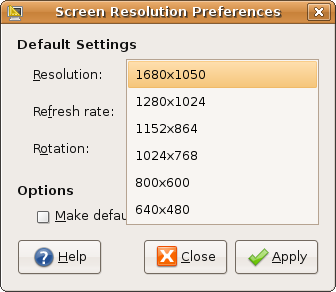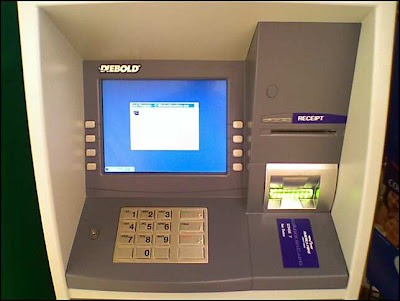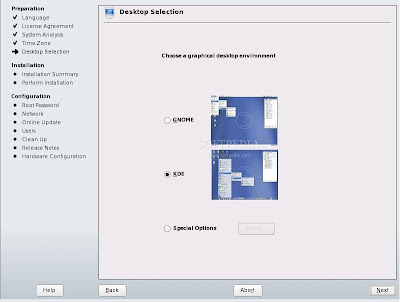The benefits of a regular release schedule
I have recently read the announcement that Kubuntu 8.04 is NOT going to be an LTS release, thereby deviating from the release schedule of all the other Ubuntu variants. I believe that it would be more beneficial to synchronize the LTS releases between the official Ubuntu variants. First of all, Ubuntu needs to solidify its public image as much as possible. This is even more important while it has such a small mind-share in the overall technology market. Most computers users have no idea what an LTS release is, and they could be confused by mis-matched numbers. "Why is Ubuntu 8.04 LTS and Kubuntu 8.04 not LTS? Why is Ubuntu 8.10 not LTS and Kubuntu 8.10 is LTS?" Some IT departments might choose to only support LTS releases of Ubuntu. Now they must work with their KDE users who would need to upgrade on a different schedule than their Gnome users. I understand why Kubuntu wants to delay their LTS release. They have a shiny new version 4.0 that provides many new features








